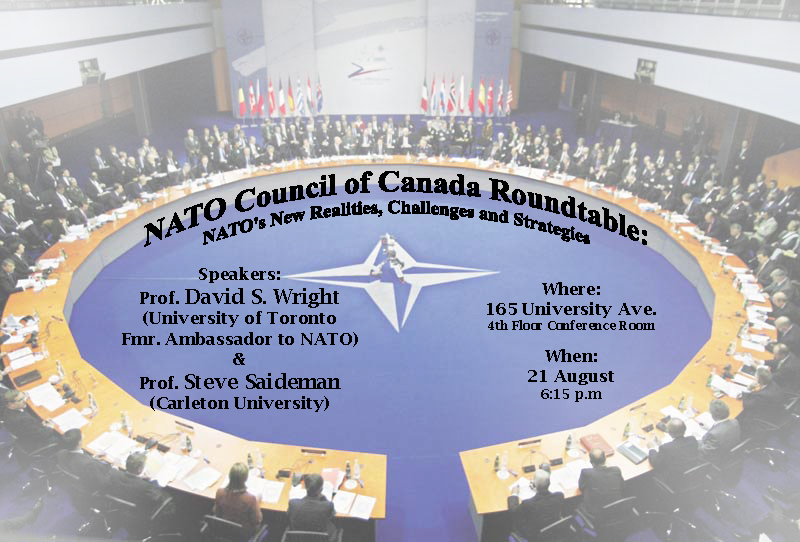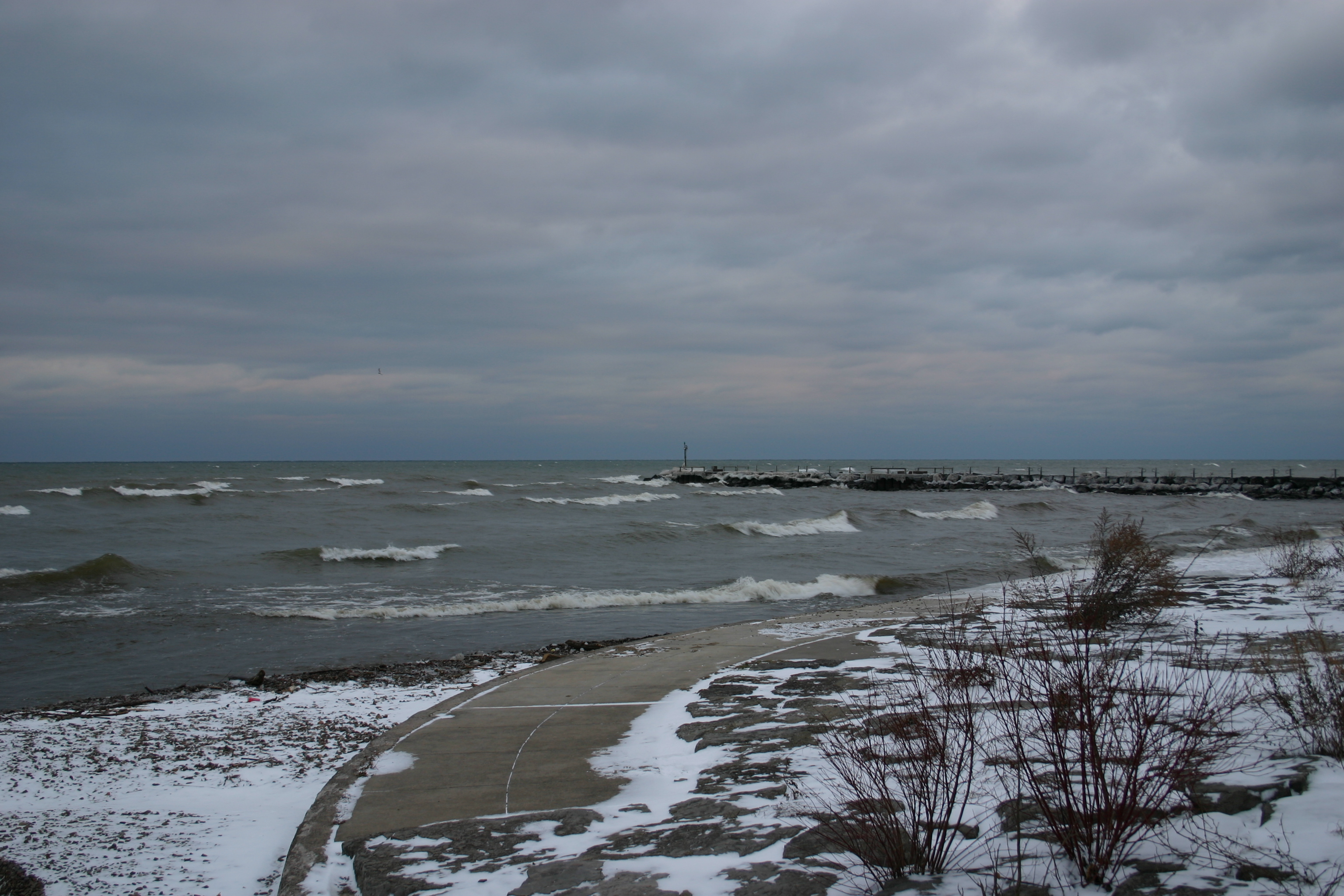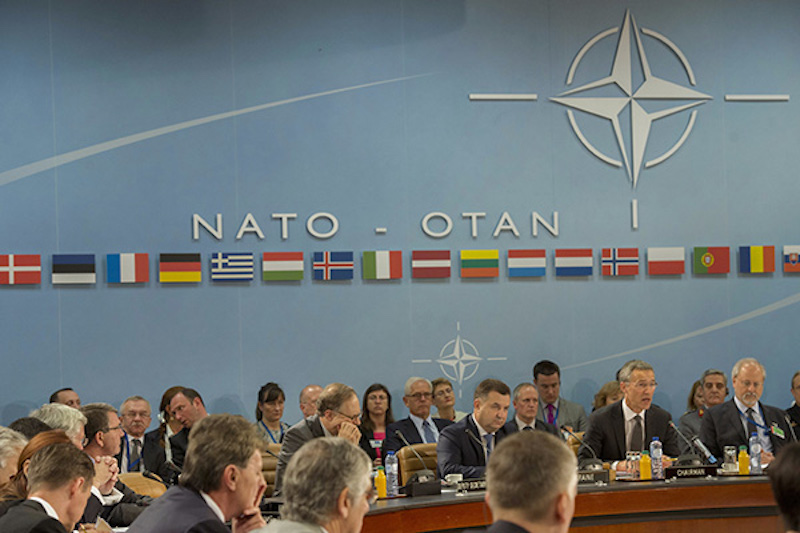In January of this year, the upcoming NATO Summit in Wales looked to be a dull affair. Though the world continued to be wracked by crises, few of them directly impacted NATO states. Even the rapidly developing invasion of Iraq by ISIS forces concerned primarily just the United States, not NATO as a whole.
Events quickly robbed the summit of its potentially relaxed atmosphere. Ukrainian president Viktor Yanukovych’s decision not to embrace an EU partnership deal sparked massive street protests that eventually led to his removal and flight from Kiev on February 22. This ouster, deemed a coup by neighbouring Russia, incited a secessionist movement in much of eastern Ukraine, a region dominated by Russian speakers. In Crimea, the movement quickly developed into a rebellion encouraged and materially supported by Russia. Following a referendum in the peninsula, Russia annexed Crimea on March 18.
NATO’s response was swift. Scheduled joint military manoeuvres with Russia were cancelled and NATO states imposed sanctions on Crimean and Russian officials. Additional troops and warplanes were deployed in Romania, Poland and the Baltic states. Assurances of collective defence began emanating from NATO headquarters in Brussels and from foreign offices on both sides of the Atlantic.
Despite this, the extent of NATO’s response suffered immediately from some of the realities on the ground. Direct intervention against the growing rebel movement in Eastern Ukraine, centred around Donetsk and Luhansk, was nearly impossible due to Russia’s massive deployment of troops to the border region. Political will in Atlantic states extended only so far as bolstering the defences of NATO’s newest members in Eastern Europe.

Other political considerations factored into NATO’s actions. Many European states continue to be heavily reliant on Russian oil and natural gas for energy consumption, weakening their leverage in potential negotiations. Canada and the United States, relatively independent from foreign energy import, have been markedly more assertive than their neighbours across the pond. Since the insurgency in eastern Ukraine fully developed, further sanctions have been laid against Russian and rebel officials.
Despite, or perhaps thanks to the challenges it faces in Ukraine, NATO may be experiencing the rejuvenation it has been searching for since the end of the Cold War. Reorienting the Alliance from an organization explicitly meant to counter the Soviet Union to one relevant in the post-Soviet world has proven difficult. With Russia as a clear and present threat to peace in Europe, NATO has in some sense regained its initial purpose. Renewed Russian aggression may help to strengthen emphasis on transatlanticism, a policy focus previously losing ground to growing interest in the Pacific region.
Russia, however, is not the Soviet Union. While maintaining a powerful military, it is often referred to by Western media as an “economic pygmy.”More clearly, Russia’s GDP is approximately an eighth of that of the United States. In light of this gross imbalance, NATO’s goal must be to moderate its relationship with Russia, so as to avoid encouraging a sense of desperation amongst the Russian political elite. There is a very real fear that defeat in Ukraine could engender just such an attitude. In an interview with Thomas Friedman, President Obama noted that due to recent gains made by the Kiev government against rebels in the east, a Russian invasion was actually more likely. Reaching at least a short term accommodation with Putin, who has staked so much on this crisis and who has been rewarded domestically with absurdly high poll numbers, should be the primary concern of NATO states.
The situation in Ukraine has renewed discussion concerning the integration of the Scandinavian states, as well as Georgia and even eventually Ukraine into the NATO framework. Though none of these countries are likely to request membership in the near future, or be accepted, the fact the issue has been raised is significant. Officials should be wary of discussing these prospects too openly. With Russia placing much of the blame for the current dismal relations on NATO expansion in the past two decades, it seems that continued enlargement could only further exacerbate the current problem.
NATO faces other challenges apart from the Ukrainian crisis. The drawdown of NATO operations in Afghanistan will be a major challenge for contributing nations. The question of lingering involvement in Afghanistan and the future of that country will continue to remain a significant concern. NATO faces many challenges in securing Afghanistan after the majority of International Security Assistance Force (ISAF) troops depart. “Insider attacks”by Afghan security personnel against ISAF units are becoming worryingly common. Just recently, a United States major general was killed by an Afghan serviceman near Kabul. Taliban forces are still active in much of Afghanistan, as well as across the porous border in the tribal regions of Pakistan.

The war in Afghanistan has had effects that reach beyond that country’s borders. Domestically, NATO states have struggled to address the issue of post-traumatic stress disorder (PTSD) among war veterans. Reduced operations in Afghanistan, the main (or only) theatre of combat for most NATO states, will likely produce calls for smaller defence budgets at home. With renewed tension with Russia, however, it is now more important than ever that defence budgets remain high enough to guarantee security, especially in the case of less capable states in Eastern Europe. Finally, countries have suffered from the war weariness that almost inevitably afflicts nations in combat. With fatigue and frustration running high from the experience in Afghanistan, interventions like those possible in Syria and Iraq appear even less attractive. Even a previously successful intervention, Libya in 2011, has now collapsed back into conflict.
NATO states, especially multicultural states such as Canada, have experienced strong debates regarding cultural values, in part as a result of NATO’s actions overseas. Compounding this, the phenomenon of radicalization has raised the spectre of nationals of NATO states travelling abroad to fight in foreign conflicts, and returning home with dangerous skills. Once confined almost exclusively to Europe, nationals from Canada and the United States have also joined the fighting in places such as Syria and Iraq.
NATO’s new realities present it with significant challenges. A revisionist Russia, multiple conflict zones and a public wary of defence spending will all test the Alliance sorely. Finally, the growing power of Pacific states demands a shift in priorities, the onus behind Obama’s “pivot”to Asia. NATO has endured the twenty years since the fall of the Soviet Union by attempting to reinvent itself. To survive for twenty more, it must complete that process.





